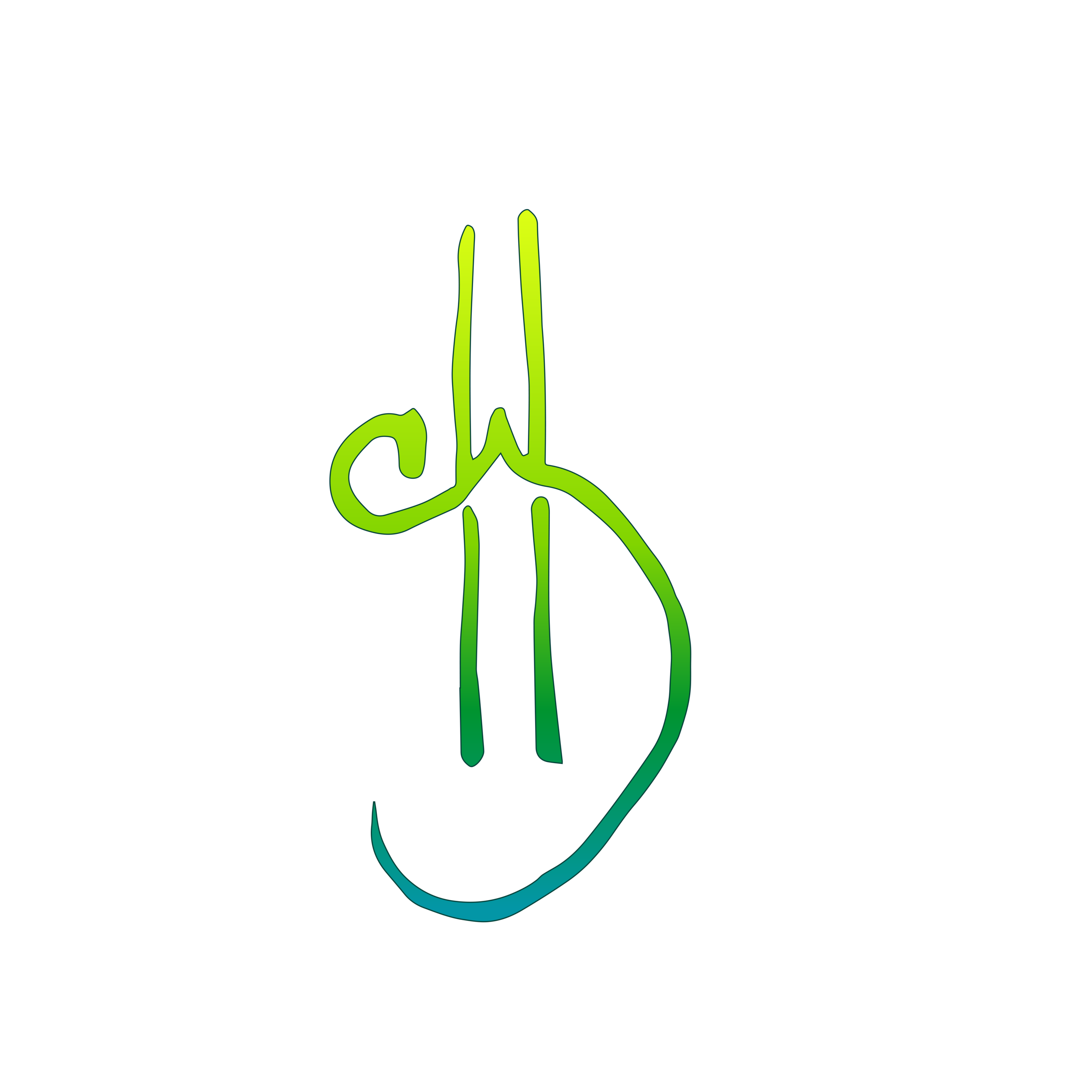a contented reader
lost in the woods
Tell me if you can relate to this. I have always been a reader who gets completely immersed in the world of the story. I usually come out of the woods at the end of the last page feeling slightly disoriented to find myself back in the commonplace world. Never have I been capable of thinking analytically about a story while I’m in it; after I finish reading, I’m primarily aware of how I felt, and then it takes time for me to know what I think.
“Christopher Morley once said that “a writer only commences, it is the reader who completes the book.” Reading is communication from one mind to another, and from thence the ripples reach.
”
My research for an upcoming project has led me to Ted Chiang’s collection Exhalation. I’d read some of his stories before, and I wanted to look at an older one called The Lifecycle of Software Objects. I really like his work. He’s lucid and insightful and very humanly vulnerable.
As I started to read the story, there was something I thought I might try, but I just couldn’t do it: marginalia. There’s a long history of championing marginalia. In 1844, Edgar Allan Poe wrote in The Democratic Review that he preferred ample margins in books so that there would be more room for him to write in them. In their 1972 How to Read a Book, Mortimer Adler and Charles Van Doren wrote, “Marking a book is literally an expression of your differences or your agreements with the author. It is the highest respect you can pay….” Here’s an example of someone else’s argument with the author from a page in a used book I bought:
Imagine Don DeLillo having this conversation with David Foster Wallace:
image from the Harry Ransom Center, University of Texas
But I come from a long line of bookworms and librarians:
To each of them, all along my lineage, right down to my mother, the prototypical bespectacled librarian, writing in a book was a cardinal sin. So instead, I have my notebook. It was a gift. I always keep it close at hand, and I write all of my questions, impressions, disputes, and newfound words there.
Reading the complex story of Chiang’s software objects is such a pleasure. I’m lost in it and content to be so, and it has spurred a number of questions and tangents and discoveries that I’ve scribbled down as fast as possible so I can quickly get back to the story.
How about you? What are you reading? Do you write in your margins or annotate your ebooks?
—cwh





